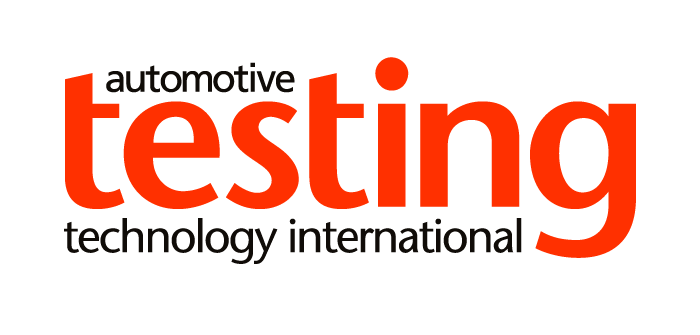Online learning platform Coursera has launched a self-driving cars specialization created by the University of Toronto.
The four-part online course is the first of its kind, and will provide learners with the state-of-the-art knowledge and engineering needed to make safe autonomous vehicles a reality. It is designed for learners who already have some engineering experience, but little-to-no formal training in self-driving technologies. Coursera and the University of Toronto will offer students a series of advanced, hands-on simulation and programming assignments for US$79 per month.
The course will be taught by Prof. Steven Waslander and Prof. Jonathan Kelly of the University of Toronto, specialists in autonomous robotics research. Students will also learn directly from industry experts, from companies such as Oxbotica and Zoox.
“Self-driving cars have the potential to increase road safety, lead to more efficient use of roadways and vehicles, and even reduce pollution,” said Kelly. “I think you’d be hard-pressed to find a more challenging engineering problem than designing robust self-driving cars. But that challenge is very exciting. It forces us to think about new ways of doing things. And the more people we have doing it, the greater our chances of success.”
The course provides a detailed understanding of the architecture and components of a self-driving car software stack, methods for static and dynamic object detection including processing real-time data from sensors, estimating a car’s location, and issuing commands for vehicle control. By the end of it, students will be able to drive a virtual car around a simulated racetrack.



